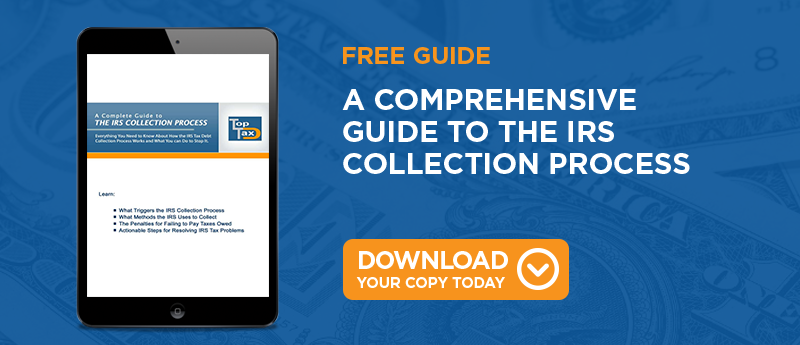
prospect of an IRS tax audit? If so, you may understandably be worried about the possibility of paying additional taxes as a result of the audit investigation. No one likes dealing with an IRS audit. However, there are ways you can avoid additional stress during the procedure. Here are few suggestions as to how to reduce problems during an IRS tax audit.
1. Avoid giving out too much information.
One of the most important things to remember during your audit interview is to keep your answers brief and to the point. If you tend to chatter or explain more than necessary, your responses may raise red flags with the interviewer and even lead to additional investigations. Before you begin answering, take time to listen carefully to the question and ask for clarification if needed. This will help you to answer the specific question you were asked and to avoid talking about other matters that may not be involved.
2. Be completely honest with the interviewer.
While you should be prudent with your answers, you should also be completely truthful in what you say to the auditor. Now is not the time to try to hide any tax mistakes, errors, or fraudulent activity. If the interviewer asks you about a failure to declare a type of income, you should answer it clearly and honestly, even if you are worried that doing so may lead to additional taxes or fines.
3. Seek expert assistance.
No matter what type of audit you're facing, you can benefit from getting professional assistance during the process. A well-qualified financial representative who has experience in dealing with the IRS can provide you with the counsel and support you'll need to handle the audit graciously. In addition, these tax professionals can help you decide how best to respond to more than 50 questions you'll be asked during the audit, so that you can be sure you'll be honest but cautious in your answers. An expert can also help you find any hidden traps that may be present in some of the interview questions.
There are two types of IRS audits: correspondence audits and office audits. While a correspondence audit is typically performed by mail, an office audit requires you to sit down face-to-face with an IRS tax examiner. No matter which audit you're facing, you'll want to lessen the likelihood of problems during your IRS tax audit. Taking these suggestions to heart can help you get through your audit without additional stress.




